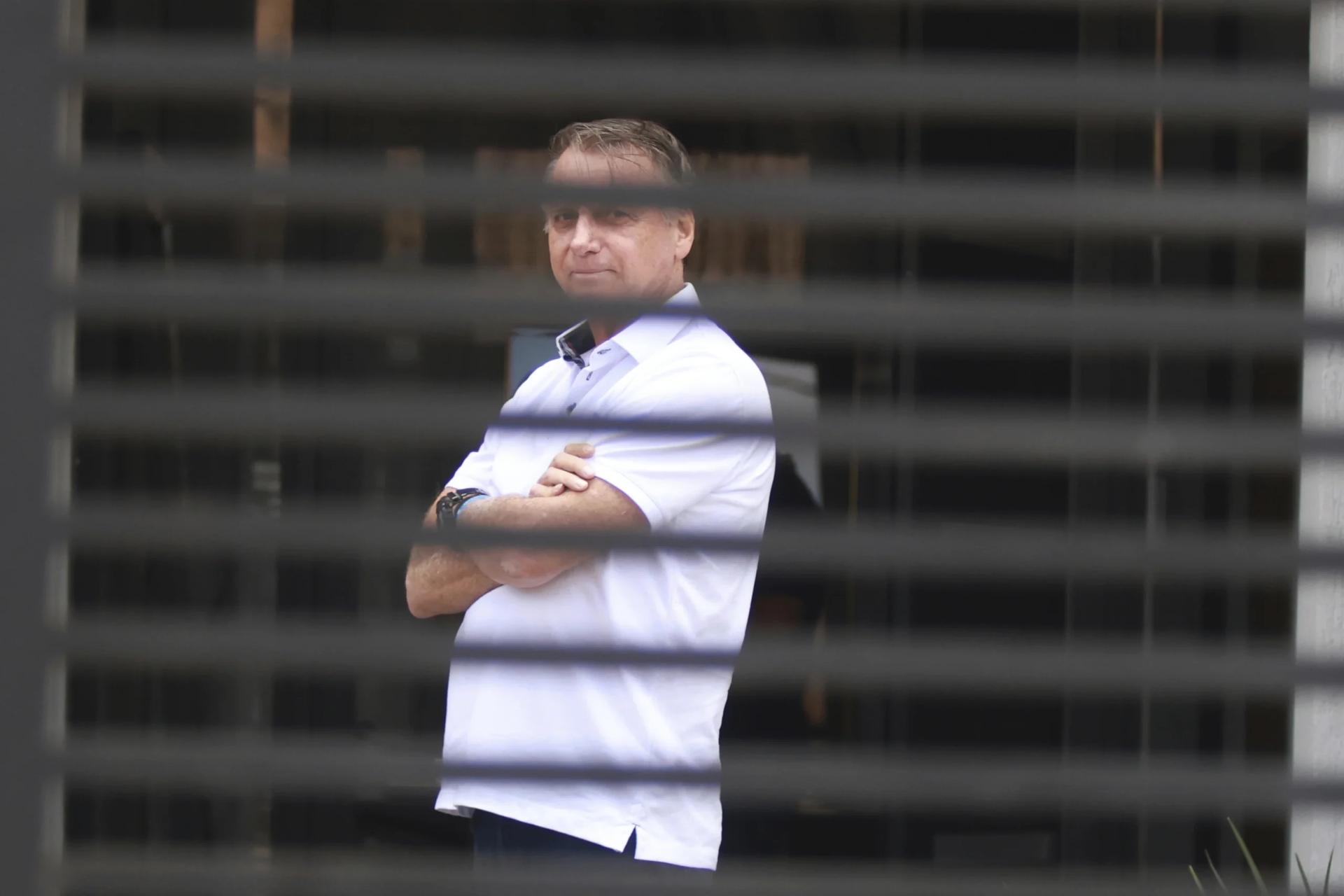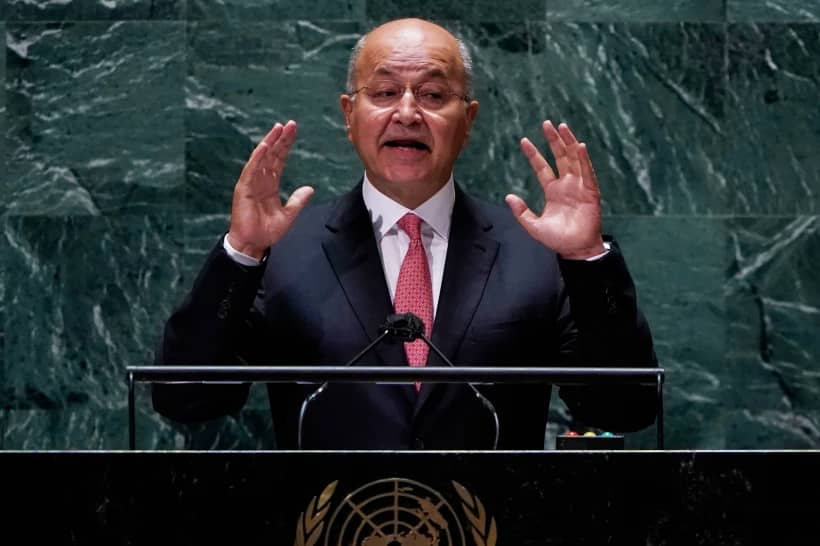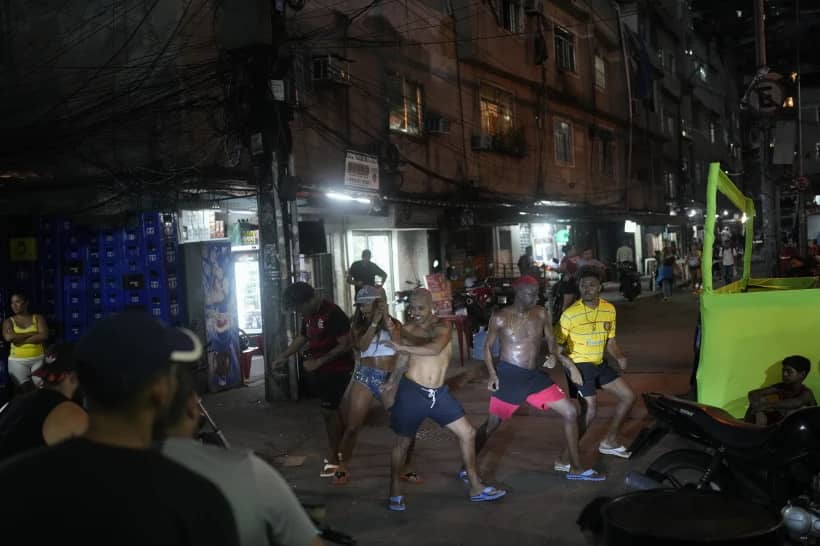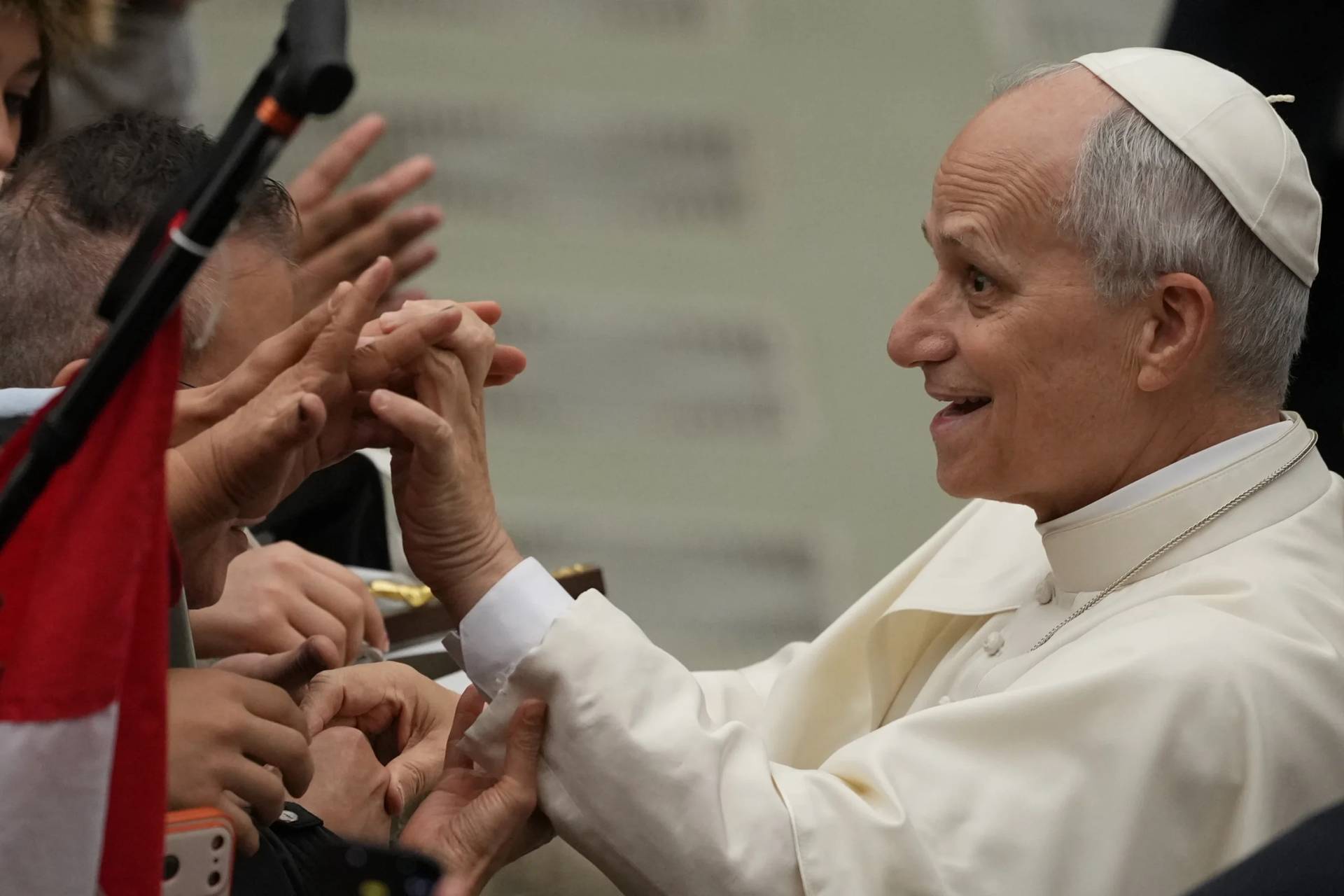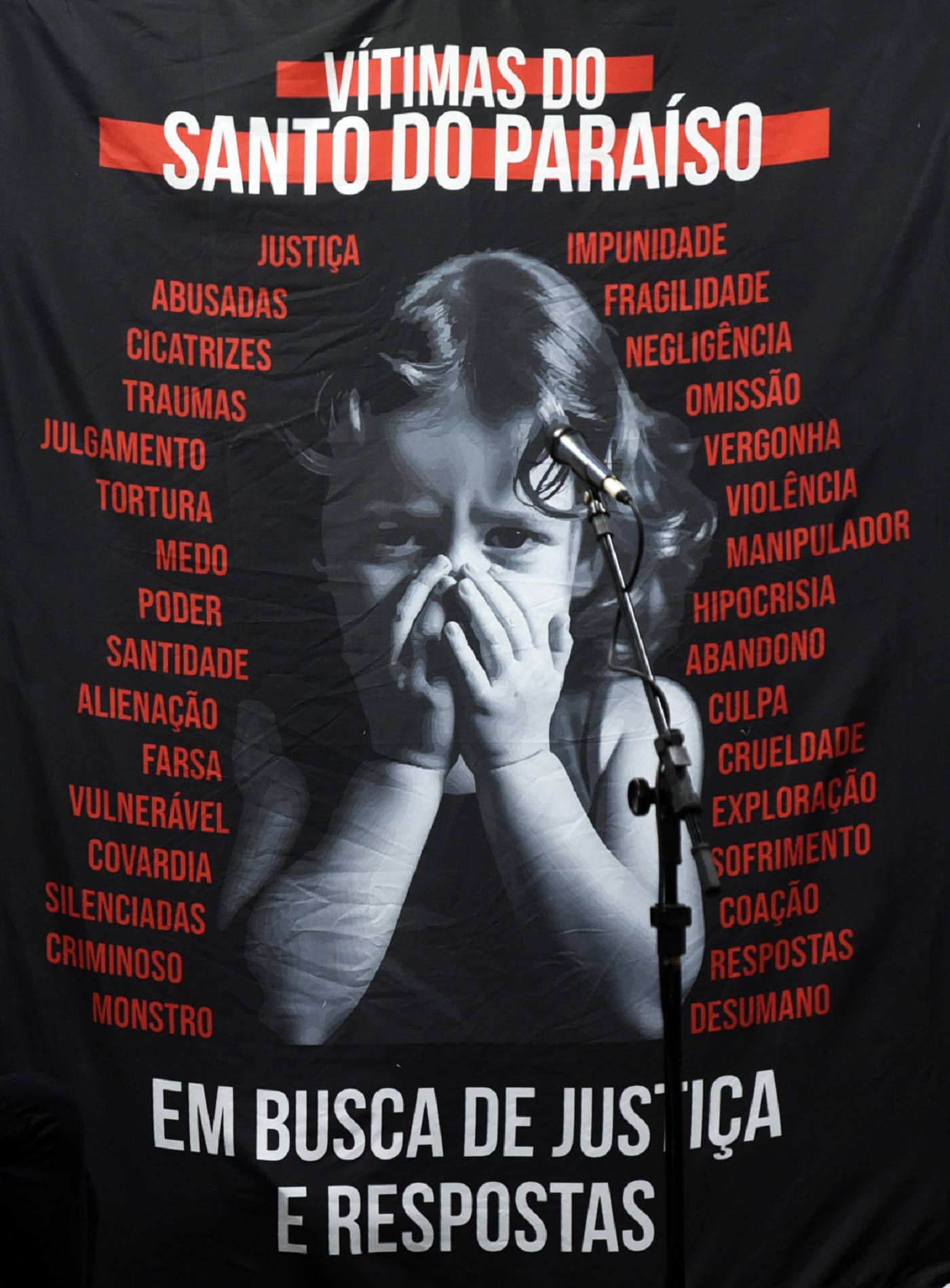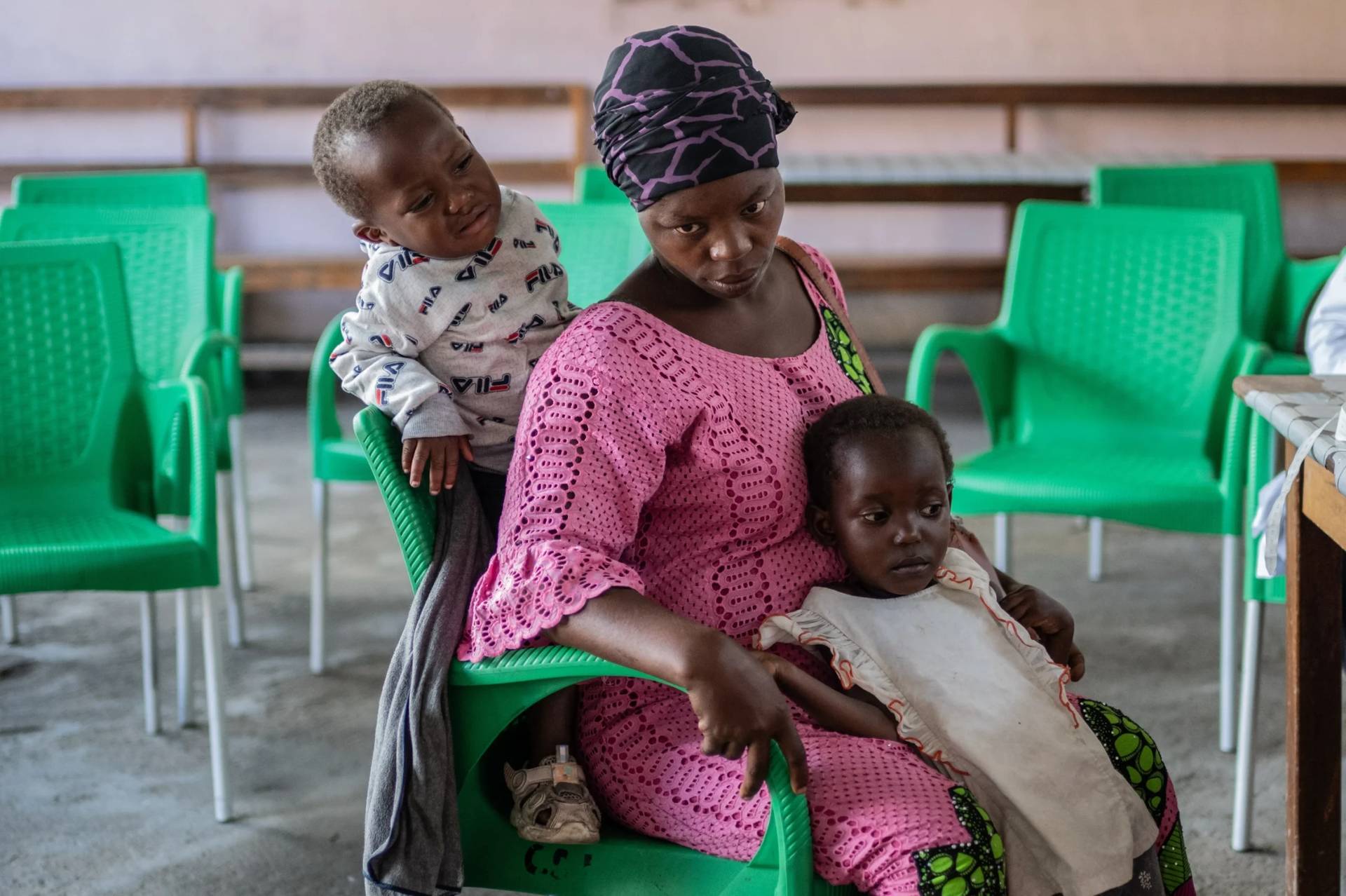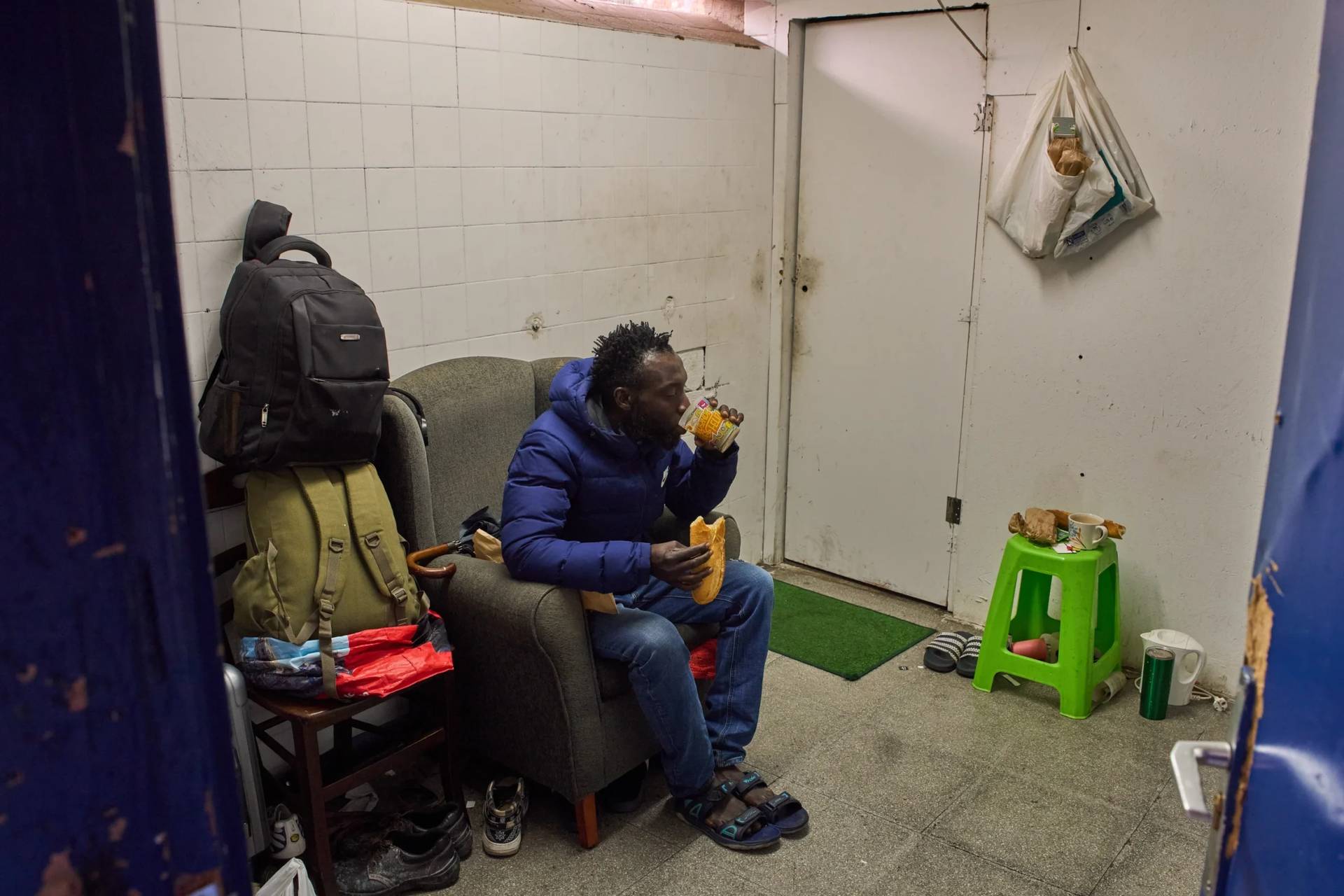SÃO PAULO – The trial and conviction of former President Jair Bolsonaro, who served 2019-2022, for an attempted coup d’état has been mobilizing large groups of supporters and of opponents over the past weeks in Brazil, including Catholics – who are divided in different segments as well.
While Progressive Catholics approved the conduction of the case by the Supreme Court – and especially by Justice Alexandre de Moraes, who is in charge of the inquiry on Bolsonaro’s actions – the former president’s backers have been accusing the Judiciary of legal activism and persecution.
Many of them have been arguing that de Moraes is “authoritarian,” a rhetoric that has been promoted internationally by Congressman Eduardo Bolsonaro, the former president’s son, who is currently on leave and is living in the United States.
President Donald Trump’s administration apparently agreed with Eduardo Bolsonaro and has been pressuring Brazil to cease the “persecution” of Bolsonaro. Trump has imposed in July a 50 percent tariff on all Brazilian exports and directly linked that decision to Bolsonaro’s legal responsibility for the attempted coup.
The trial of Bolsonaro and other seven defendants – most of them high-ranking military officers who were part of his entourage – began on Sept. 2. On Sept. 11, the majority of the justices decided they were guilty of attempted coup d’etat and other related crimes. He was sentenced to more than 27 years in prison.
During the inquiry, Bolsonaro’s backers campaigned against de Moraes and the Supreme Court as a whole, in an effort to delegitimize them as political opponents of the former president who had personal and group interests in convicting him and in impeding him from running for president again in 2026.
Part of that rhetoric consisted in linking the Supreme Court with left-winger Lula. That’s why de Moraes and his colleagues have been called “communists” by many in Brazil. Especially in conservative Christian circles, a kind of “red scare” gained more and more strength.
In the Catholic Church, a signal of it could be seen during a large gathering called Desperta, Brasil (Wake Up, Brazil), which occurred on Aug. 30-31 in Brasilia. The event gathered major figures of the Charismatic Catholic Renovation, including Frei (friar) Gilson, an influencer with millions of followers on social media.
Talking to more than 80,000 attendants, Bishop Adair José Guimarães of the Diocese of Formosa, in Goiás state, prayed against communism.
“With the intercession of Our Lady of Aparecida, may come upon you the blessing that impedes us to be hungry, [that impedes] war, [that impedes] disease and [that impedes] communism,” he said. His prayer was massively applauded by the participants.
In the past, Guimarães had already said that Brazil is facing a “dictatorship,” given that dozens and dozens of protesters who broke into public buildings in Brasilia on Jan. 8 of 2023 – an event largely compared to the Jan. 6 Capitol attack – were detained and convicted.
He argued those people were not given the possibility of defending themselves during the process. Guimarães declined to make further comments to Crux.
His words were received with enthusiasm by Conservative Catholics. That was the case with Plinio Correa de Oliveira Institute (known as IPCO), previously part of the Tradition, Family, and Property association.
“I think Father Guimarães deals with the matter of communism as something much broader than a mere political or economic system. The dictatorship of the proletariat has undergone a metamorphosis and became something much more subtle, cultural Marxism,” Frederico Viotti, an IPCO spokesperson, told Crux.
He claims the Supreme Court has been acting to promote an ideological agenda and not only to apply the law. He mentioned decisions like the approval of same-sex marriage and of abortion till 3 months of pregnancy.
“Those changes didn’t emerge in the Congress, they were interpretations of the Court. That’s why a significant part of the Brazilian public opinion doesn’t think the Supreme Court is an impartial institution,” he said, adding that in practice it has been working in favor of a specific vision, that of the cultural revolution.
Viotti said the world has been moving towards more and more authoritarian form of power and Catholics should pay attention to such a transformation.
A few progressive Catholics have denounced the red scare surrounding Bolsonaro’s trial. That was the case or Father Bruno Franguelli, a Jesuit current studying in Italy.
“Anti-communism is an old acquaintance. It’s an incredible marketing strategy. It has always been present in Brazilian history, but it gained strength with Bolsonaro’s ascension,” he told Crux.
He said Bolsonaro managed to create a Messianic movement around him and conservative religious people blindly adhered to it.
“The Supreme Court has been diligently working to defend the Constitution and democracy. It’s natural that Bolsonaro’s backers, including a few bishops and priests, are not happy about it,” he added.
In Franguelli’s opinion, Guimarães’s prayer against communism is a kind of “cry in defense of the defendant Bolsonaro and of despise to the democratic institutions.”
“His condemnation for me represents the victory of democracy. Those who don’t accept his conviction are people who are against democracy and distort reality saying there’s a dictatorship. If there was one, they wouldn’t be able to express their opinions,” Franguelli said.
